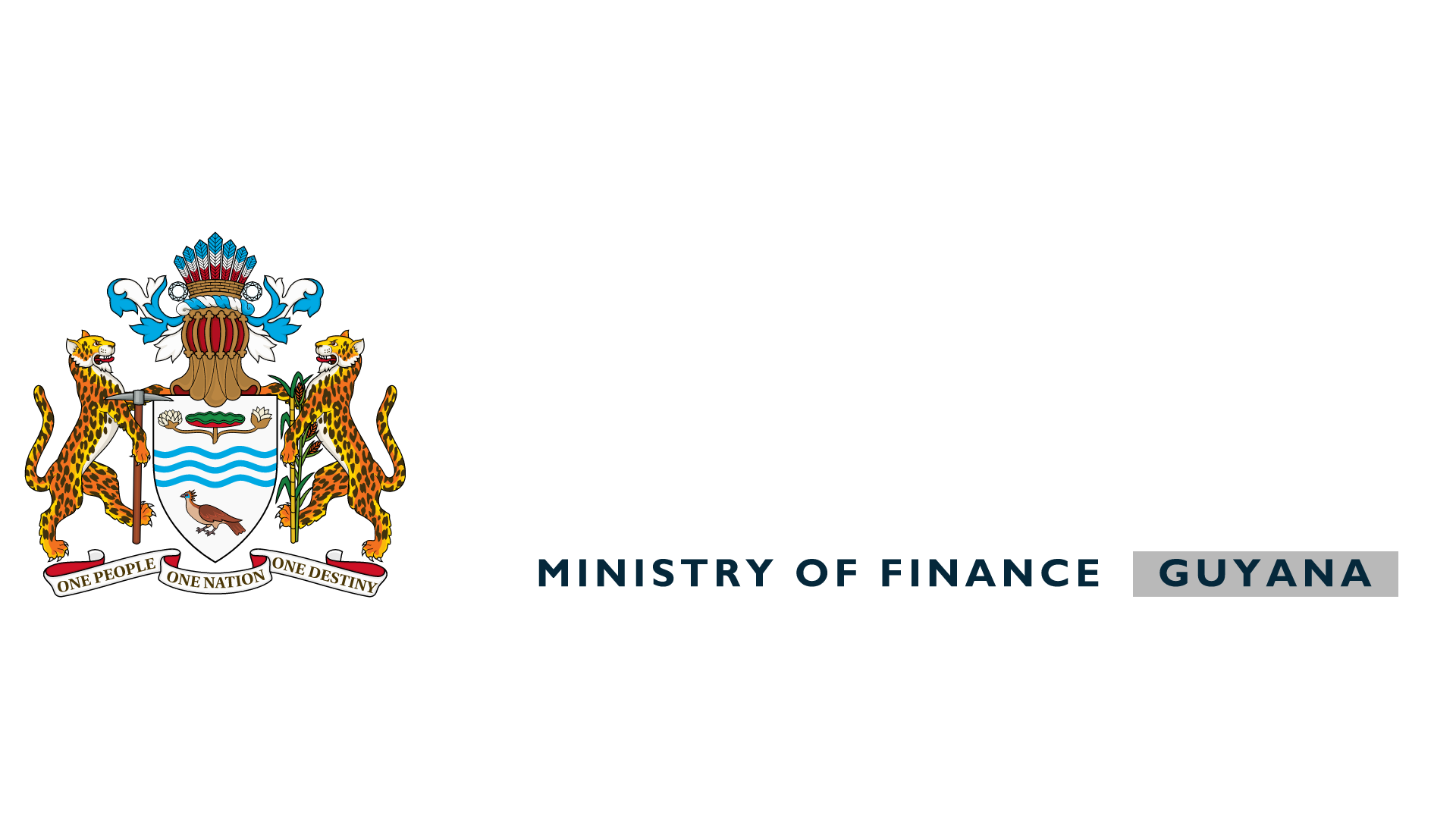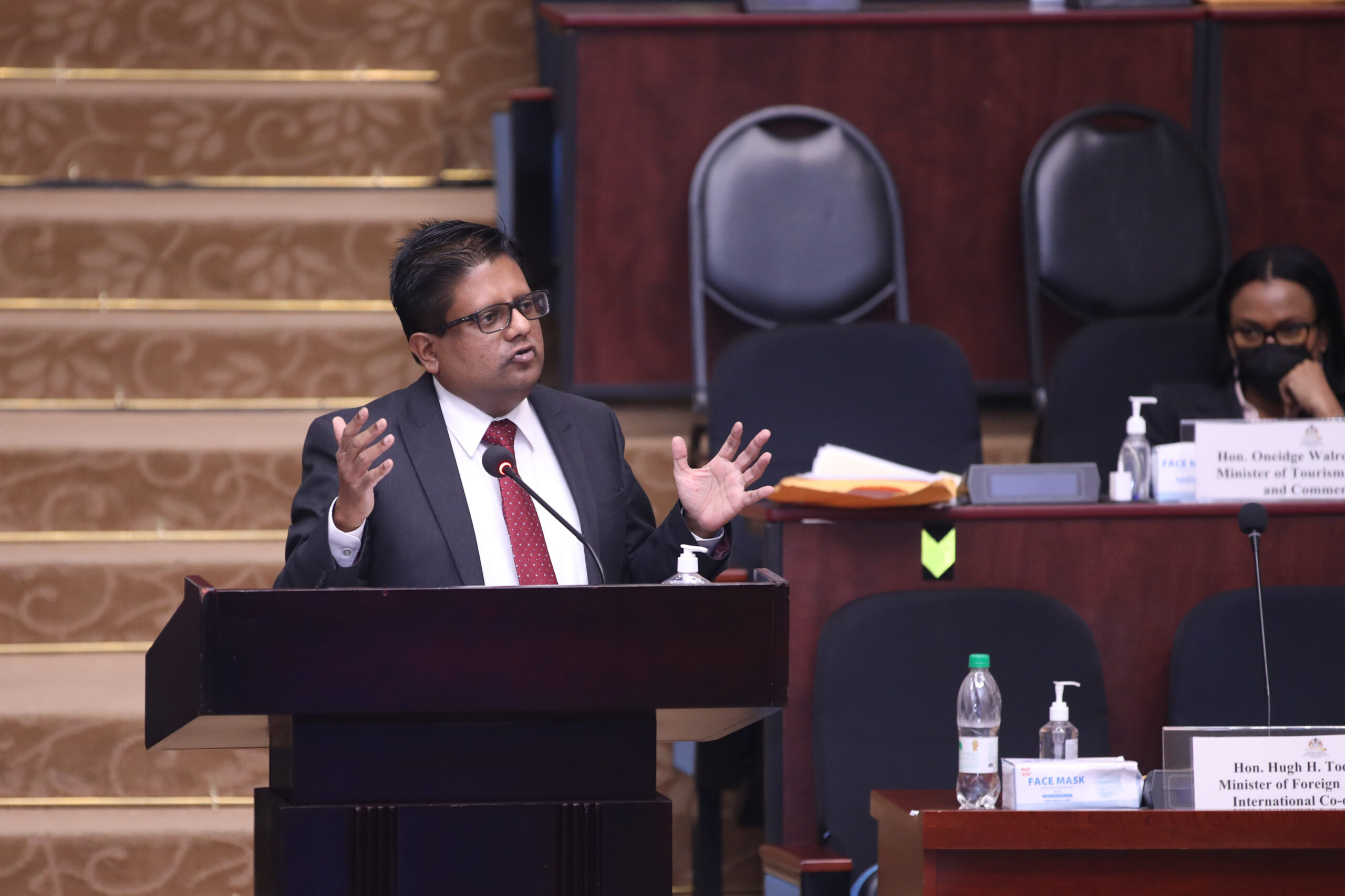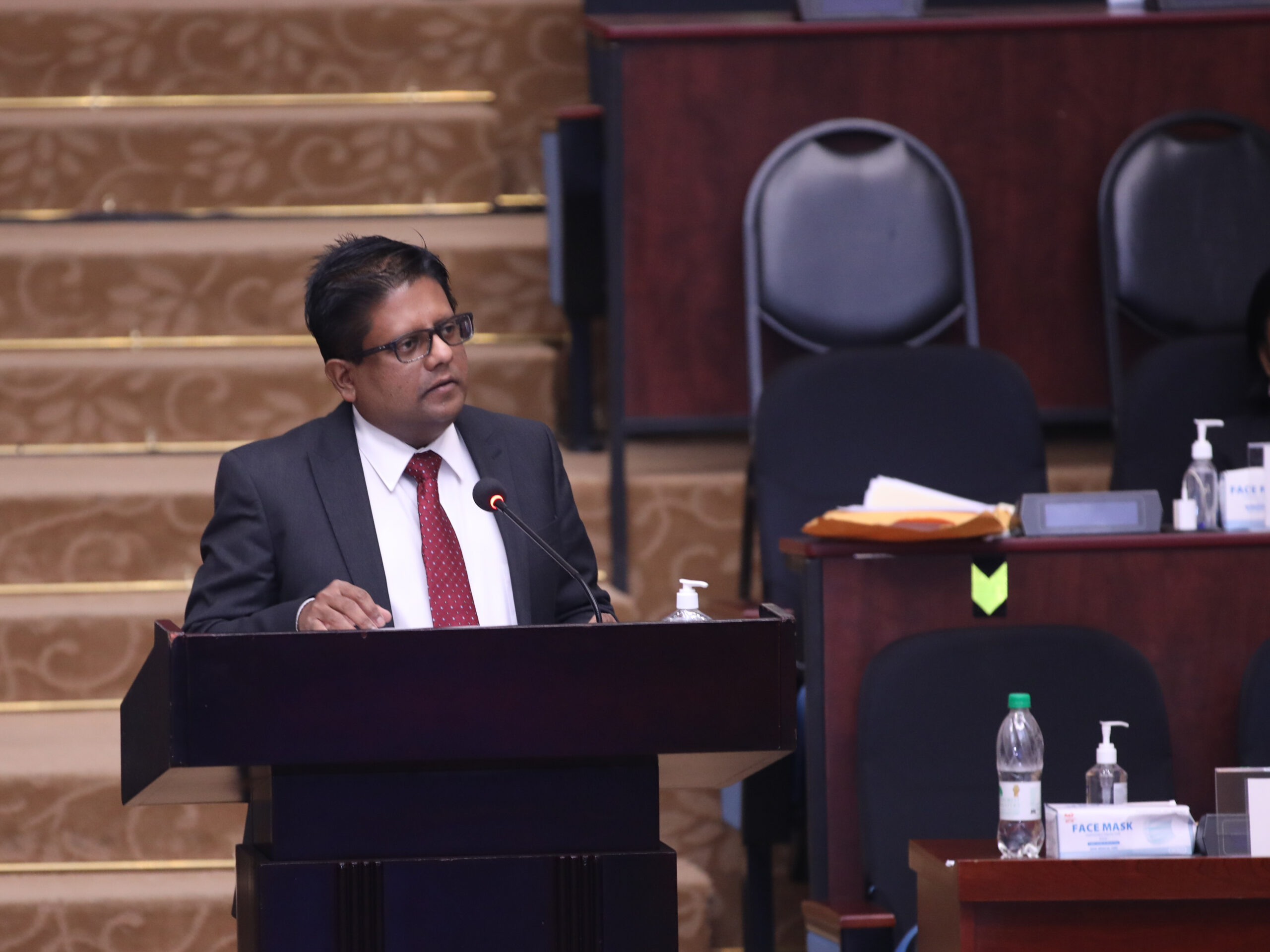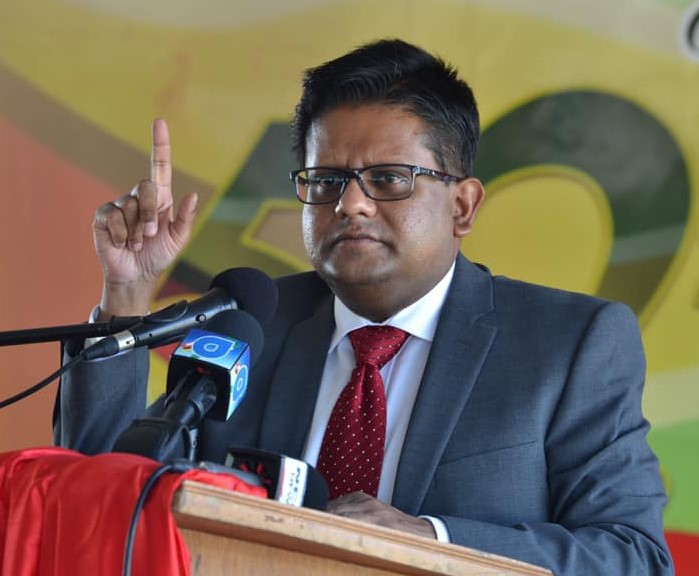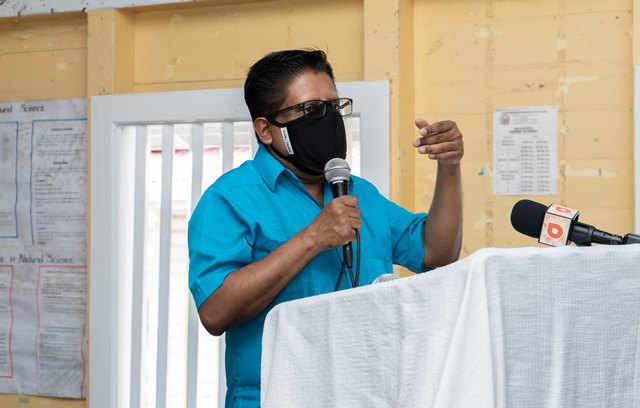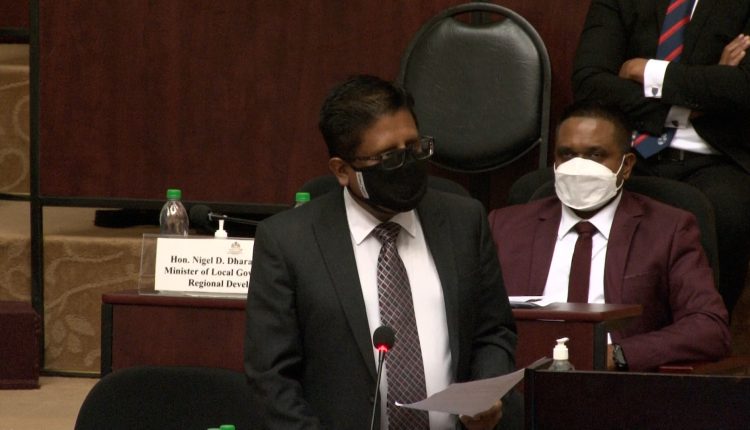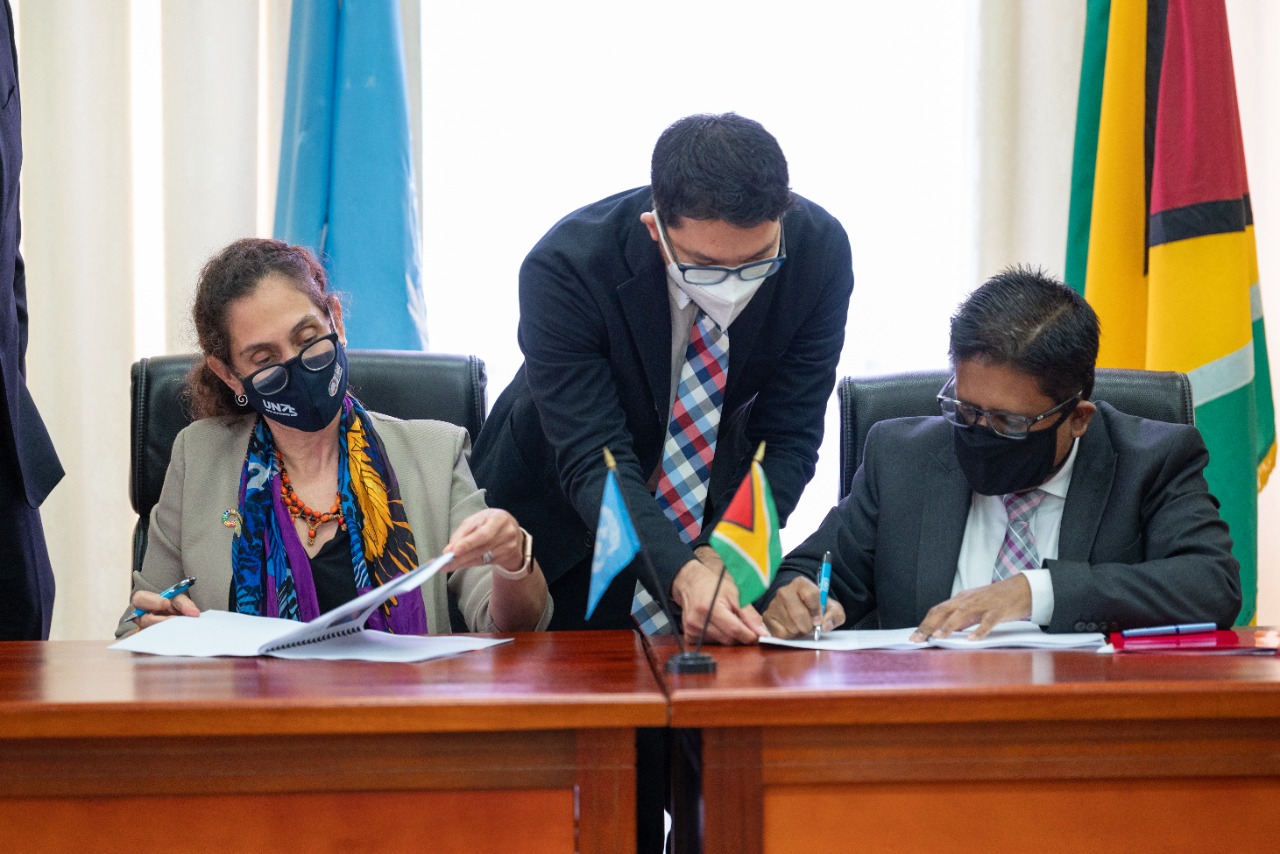-despite main Opposition displaying thuggish behavior, bullyism in attempts to stall legislation
-after illegally rushing defective old Bill through Parliament following No- Confidence Motion 2018 defeat
-hiding US $18M signing Bonus later claimed to be ‘Gift’ after admitting receipt
Georgetown, Ministry of Finance, December 29, 2021:-Even after a former Minister of Finance under its tenure was charged recently with misconduct in public office for a sale at a highly undervalued amount of prime state property and incidentally being the said individual who while holding the post of Finance Minister deliberately did not disclose receipt of a US$18M signing bonus from ExxonMobil and continuing to deny same in the National Assembly until evidence emerged to prove otherwise, the A Partnership for National Unity/Alliance for Change (APNU/AFC) party now in Opposition, today chanted in full defiance of the Speaker of the National Assembly in attempts to bully the current Minister of Finance as he stood to commence the debate on the new Natural Resource Fund (NRF) Bill this evening. The new Bill seeks to pave the way for significantly improved management of Guyana’s oil revenue so as to especially ensure greater transparency and accountability. The Bill was tabled by Senior Minister in the Office of the President with responsibility for Finance, Dr. Ashni Singh on December 16 last seeking to repeal the NRF Act of 2019.
A recap of the previous Bill:
The former Natural Resources Fund Bill was illegitimately passed by the A Partnership for National Unity/Alliance for Change (APNU/AFC) in the National Assembly on January 3, 2019 after a No-Confidence Motion (NCM) was passed in Parliament against that party the month before (December 21, 2018). As such, the then Opposition (People’s Progressive Party/Civic) was not in Parliament when the Bill was approved.
In 2017, there was uproar in the public when it was unearthed that a US$18 million signature bonus had been collected by the then Government. Former Finance Minister Winston Jordan and other Government Ministers at the time had even denied ever receiving this sum until information came to light, exposing that the Ministry of Finance asked the Bank of Guyana to set up a special account in which the amount was to be placed. After reluctant admission by the APNU administration subsequently, the public was still never provided with an explanation as to what the funds were spent on, despite the monies being belatedly placed in the Consolidated Fund as required by Law and after the then Opposition took the matter to Court. With the provisions in the new Act, a situation like this could never repeat itself.
The new Bill passed today contains enhanced clauses, including a significant one which provides for the establishment of a Board of Directors that will be responsible for reviewing and approving the policies of the Fund and monitoring its performance, thereby separating the management of the Fund from the Minister responsible for finance.
Below is a table outlining the major differences between the former Bill and the one which was slated for debate this evening in the National Assembly:
Below is a table outlining the major differences between the former Bill and the one which was
slated for debate this evening in the National Assembly:
| Old NRF Bill | New NRF Bill |
|
Tabled by democratically elected Government in Parliament with full powers. |
|
Removes extensive powers from Minister and vests them in new Board of Directors. |
|
Proposes simple, clear formula that the general public can understand, ensuring complete transparency. |
|
Establishes a 9-member committee for practical and effective non-governmental oversight. |
|
Adds a new requirement that all reports and receipts of all petroleum revenues must be published in the Official Gazette. Failure to comply with this obligation results in a harsher penalty of $5 million and 10 years prison time adding greater incentives for officers to be transparent and accountable. |
One key amendment in the legislation is that the Minister of Finance could face up to ten years imprisonment if he fails to disclose the receipt of any petroleum revenue received by Government in the Official Gazette within three months of receipt of such monies.
The new law will substantially improve the management of the natural resource wealth of Guyana for the present and future benefit of all citizens.
